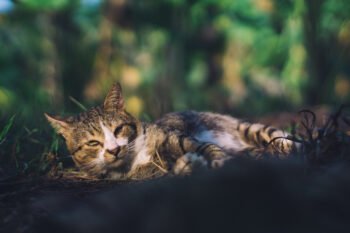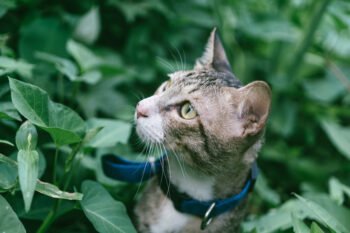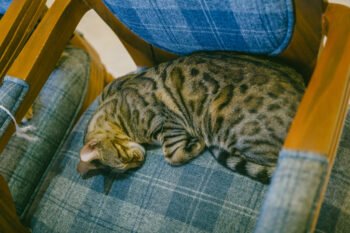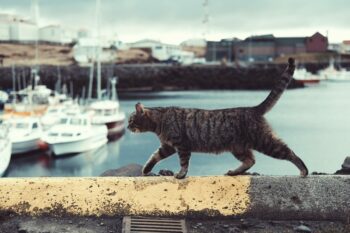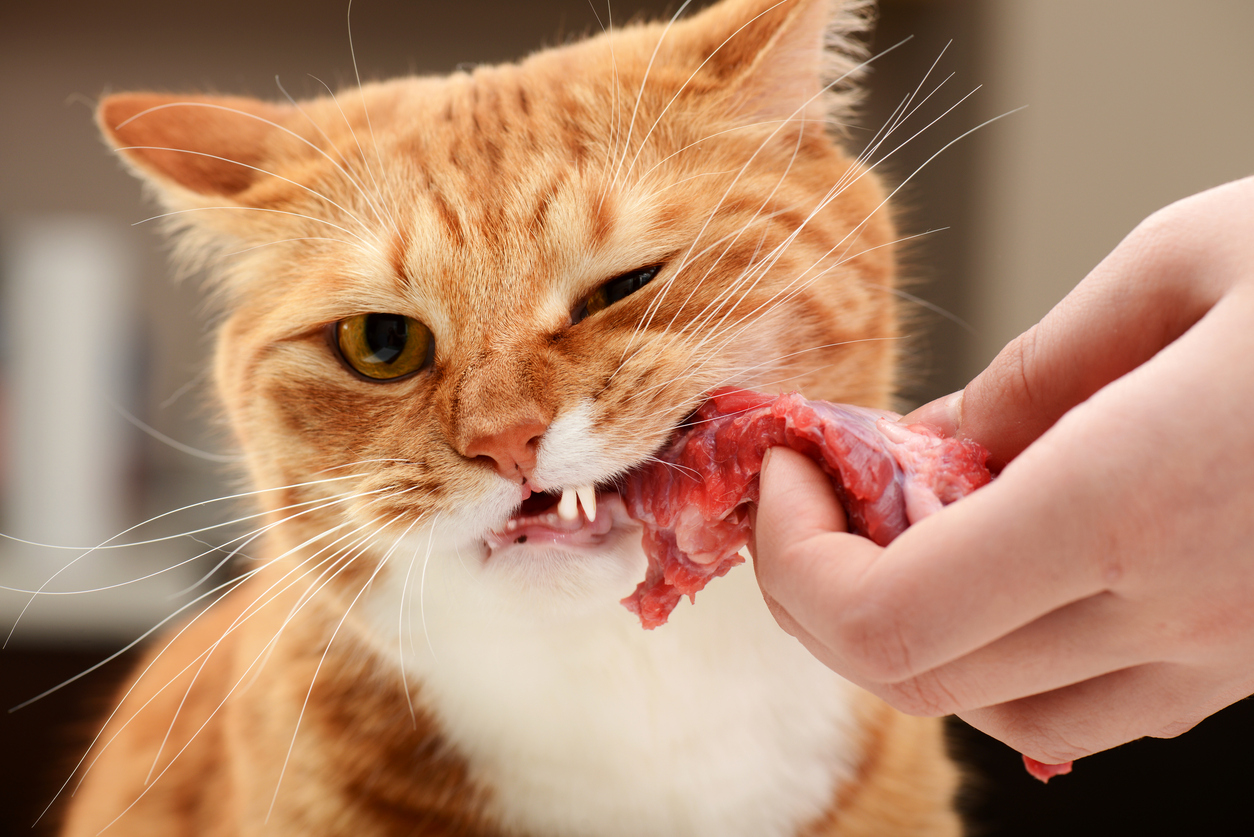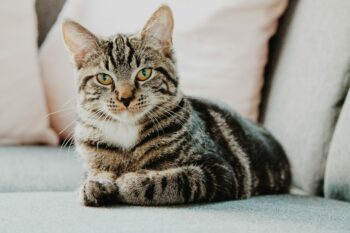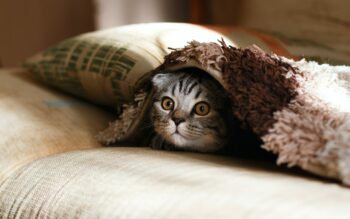Antioxidants are seemingly magical nutrients that can repair cell
damage that happens in all our bodies over time — including those of
our cats. These nutrients occur naturally, but a body’s supply needs an
antioxidant boost from food. Common antioxidants include vitamin A,
vitamin C, vitamin E and certain compounds called carotenoids (like
lutein and beta-carotene).
How Antioxidants Work
As cells function normally in the
body, they produce damaged molecules called free radicals, which are
highly unstable and steal components from other cellular molecules,
such as fat, protein, or DNA, thereby spreading the damage. This
process, called peroxidation, continues in a chain reaction, and entire
cells soon become damaged and die. Peroxidation is important because it
helps the body destroy cells that have outlived their usefulness and
kills germs and parasites. However, peroxidation, when left unchecked,
also destroys or damages healthy cells.
Antioxidants help prevent widespread cellular destruction by
donating components to stabilize free radicals. More important,
antioxidants return to the surface of the cell to stabilize, rather
than damage, other cellular components.
When there are not enough antioxidants to hold peroxidation in
check, free radicals begin damaging healthy cells, which can lead to
problems. For example, free radical damage to immune cells can lead to
an increased risk of infections.
Antioxidants and Immune Response
Recent research has
examined the benefits of certain antioxidants on the immune response of
dogs and cats. The results of these studies indicated that antioxidants
are important in helping dogs and cats maintain a healthy immune
system. The research also showed each antioxidant benefits the immune
system uniquely so one antioxidant at high levels is not as effective
as a group of antioxidants acting together.
Nutritionally supporting the immune system may be especially
critical for young animals. For example, the immune system in kittens
is still developing at the time it is being challenged with
vaccinations and exposure to disease-causing agents. With the addition
of antioxidants, a proper kitten diet can aid in the development of a
strong immune system to help maintain good health and protect against
viruses, bacteria and parasites.
Antioxidants and Aging
Recent research has also examined
the effect of aging on immune responses. The findings indicate that as
dogs and cats age, immune cell responses may decline. Including
antioxidants in the diet can reverse the age-related decrease in immune
cell function. However, increased immune cell response is not always
proportional to the amount of vitamin E. Although feeding a diet
containing 250 IU vitamin E/kg enhanced immune cell response in old
cats, adding 500 IU/kg did not achieve the same beneficial effect.
What to Look For
Many pet food labels include information
about antioxidants, perhaps indicating that the product was formulated
to contain this beneficial nutrient. Here are some common ingredients
to look for, and how they may help your cat:
- Vitamin E Optimizes immune system’s T-cell activation
- Lutein Optimizes immune system’s B-cell activation and helps vaccine recognition
- Beta-carotene Optimizes types of cell present in the blood, increases antibody levels in the blood and helps vaccine recognition
Antioxidants may not prevent all health problems, but there is
enough evidence to suggest that they promote good health. Since these
nutrients don’t change the flavor or texture of food much, advice to
consume them should be easy for you and your cat to swallow.

